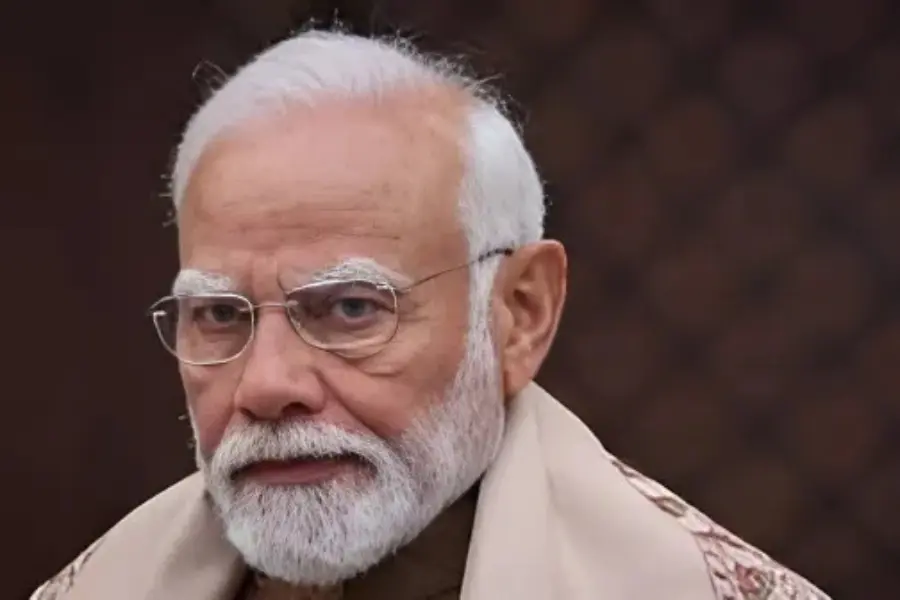
Waqf Bill 2024: PM Modi Commemorates Approval of Waqf Bills as a Milestone for Social Justice and Inclusivity
In a significant advancement in politics, Prime Minister Narendra Modi hailed both Houses of Parliament’s approval of the Waqf (Amendment) Bill and the Mussalman Wakf (Repeal) Bill. He considered it as a “turning point” in India’s journey for socio-economic justice and inclusive development.
A Brave Step Towards Transparency and Empowerment
The Waqf bills made it through both the Lok Sabha and the Rajya Sabha after lengthy debates. After more than 12 hours of argument in the Lok Sabha, the bill was passed. When the Lok Sabha voted very early on Friday morning, 128 members supported the bill, while 95 opposed it. The legislation, which was supported by Union Minority Affairs Minister Kiren Rijiju, sparked fierce arguments between political parties.
Using the social media website X, Prime Minister Modi published his thoughts. He wrote: “The approval of the Waqf (Amendment) Bill and the Mussalman Wakf (Repeal) Bill represents a watershed moment in our common journey for social-economic justice, transparency, and inclusive development.” This will particularly benefit people who have been sidelined for a long time, causing them to lose both their voice and their opportunity.
Addressing Deep-Seated Problems in the Waqf System
PM Modi acknowledged the problems that exist in the Waqf system, pointing out its longstanding history of a lack of transparency and accountability. He stated that the reforms are intended to remedy the historical problems caused in the Waqf framework. This Framework had particularly left Muslim women, economically disadvantaged Muslims, and the Pasmanda Muslims vulnerable.
“Over the years, the Waqf system has operated under a cloud of limited transparency and accountability”. This, in many cases, primarily had an adverse impact on the interests of the Muslim women community, impoverished Muslims and Pasmanda Muslims. He reiterated in another post that the laws passed by Parliament would provide greater transparency and protect people’s rights.
Pushback from the Opposition
Despite this optimistic outlook, the bills faced serious opposition. It was when they were taken up for discussion in the Rajya Sabha. Opposition parties registered concerns and referred to them as “anti-Muslim” and unconstitutional. Nonetheless, the ruling party defended its actions and characterized them as overdue reforms. They mentioned that it would support disadvantaged working groups in the [Muslim] minority community.
A Vision for a Modern and Inclusive India
In closing, Prime Minister Modi described the development as the “dawn of an era that is newer and more just.” He continued, saying the government was committed to ensuring the rights and dignity of every citizen, “This is also how we create a stronger, more inclusive and more compassionate India.”
While this becomes one of the recent news updates, and the passage of these bills has initiated a good and substantial debate, it also represents an important moment for legislative change in India around considerations of social equality and justice.





